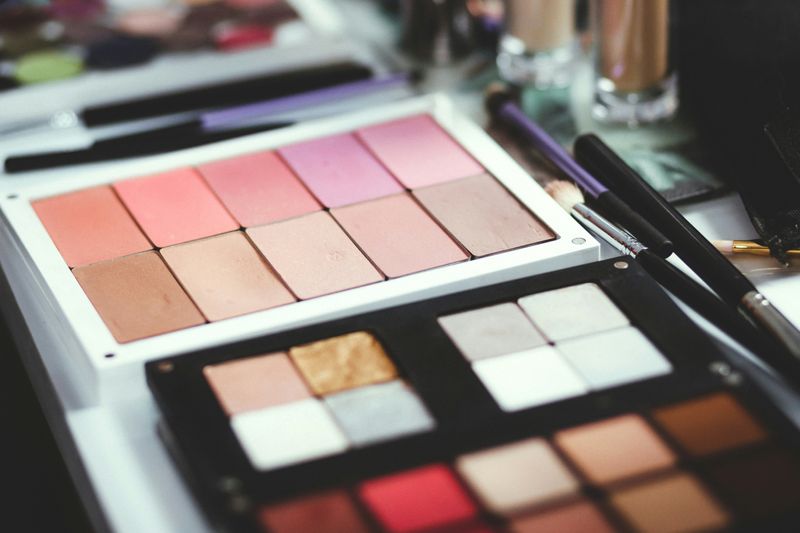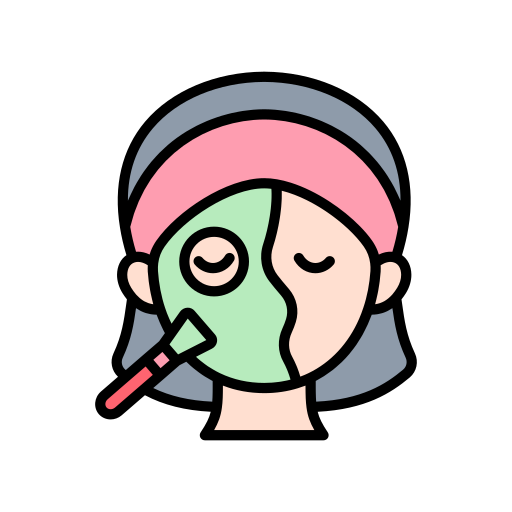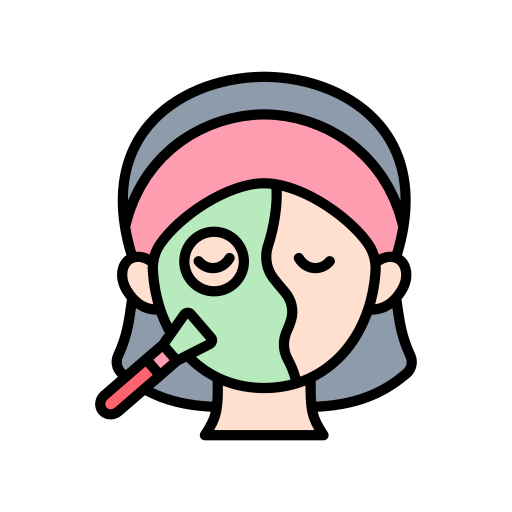
This logo isn't an ad or affiliate link. It's an organization that shares in our mission, and empowered the authors to share their insights in Byte form.
Rumie vets Bytes for compliance with our
Standards.
The organization is responsible for the completeness and reliability of the content.
Learn more
about how Rumie works with partners.
 Photo by freestocks on Unsplash
Photo by freestocks on UnsplashWhat if you could turn your passion for beauty into a thriving career in an industry worth over $500 billion? Whether you’re styling hair, perfecting makeup looks, or providing skincare treatments, the beauty industry offers countless practical opportunities.
Where do you see yourself in this hands-on, dynamic world? Wondering if the beauty industry is the right career path for you? Exploring the wide range of job opportunities in this field can help you decide what’s right for you.
Opportunities to Thrive in the Beauty Industry
The beauty industry is a vibrant, fast-paced, and innovative field. Careers in areas like skincare, aesthetics, hairdressing, and barbering are growing quickly as more people explore creative professions.
The beauty industry thrives on entrepreneurship, offering professionals the chance to gain experience and knowledge early in their careers and later use those skills to create something greater.

Career Paths in the Beauty Industry
The beauty industry offers diverse career opportunities and work environments, making it an appealing choice with a promising job outlook and numerous well-paying roles.
Whether your passion lies in makeup, hair styling, cosmetology, or other beauty and wellness specialties, exploring the variety of jobs available and their potential earnings can be highly rewarding.
Here are some of the most common and lucrative jobs in the beauty industry.

Makeup Artist
Makeup artists offer professional makeup services to various clients, often specializing in specific areas such as bridal makeup, performing arts, or the modeling industry.
Their earnings vary based on factors like work environment, experience, and specialization. High-end makeup artists can earn annual salaries close to or exceeding $100,000.
Learn more about whether you should become a makeup artist.

Aesthetician
Aestheticians offer a variety of skin care services and can work in settings such as beauty salons, spas, or medical offices, where they may provide cosmetic medical treatments.
While the average salary for aestheticians is around $40,000, experienced professionals in certain locations or work environments can earn up to $70,000 annually.
The demand for aestheticians is growing rapidly, with job prospects expanding faster than most other professions.
Learn more about whether you should become an aesthetician.

Hair Stylist
Hair stylists' salaries can vary widely based on specialization and location, but with experience and work in high-end salons, this career can become very profitable.
Specializing in areas like styling techniques or curly hair can also increase earnings by attracting niche clientele. While the national average salary for hair stylists is around $63,000 annually, top-tier stylists can earn $100,000 or more.
Learn more about whether you should become a hairstylist.
Education and Training

While many beauty careers are accessible with a relatively short period of education and training, the requirements vary depending on the role.
Consider the steps you'll need to take for these jobs in the beauty industry:

Makeup Artist
To become a professional makeup artist, many countries require a cosmetology license, which typically involves completing a certification program at a cosmetology school.
Some specialized areas, like bridal or theatrical makeup, may require additional training or workshops. Continuing education and workshops are common in this field to stay updated on trends and techniques.

Aesthetician
Becoming a licensed aesthetician typically requires completing an approved training program at a beauty school, which lasts anywhere from six months to a year. Programs usually include courses on skincare, waxing, and other beauty treatments. After completing the program, you must pass a licensing exam to work professionally.
Skills Needed to Succeed
A LinkedIn study reveals that over 90% of hiring managers value soft skills over technical skills, with many believing that these traits can significantly impact a candidate’s job prospects. For jobs in the beauty industry, key soft skills include:
Time management is essential for maximizing client appointments and earnings. It allows professionals to serve more clients efficiently.
Teamwork is crucial for salon success. Beauty professionals should support each other to ensure smooth operations and customer satisfaction.
Active listening helps beauty professionals understand client needs and nonverbal cues. It fosters trust and rapport to tailor services.
Networking is important for growing a client base and forming professional relationships — whether at beauty school, trade shows, or with clients.
These soft skills are integral to a beauty professional’s success in providing high-quality service, building strong client relationships, and advancing their career.
Learn more about the importance of soft skills in the beauty industry.

Quiz
You're a hairstylist. Your client is having trouble explaining their preferences, so you show them some photos of models to help them find the right hairstyle. What should you do next? Select all that apply:
Active listening and observing nonverbal cues help you tailor your service to meet the client's needs.
Take Action

To help you dive deeper into discovering in-demand jobs in the beauty industry, here’s a short checklist of steps you can take to explore your career options and gain valuable insights.
This Byte has been authored by
Rebecca Morse
Instructional Designer and Educator
MS
